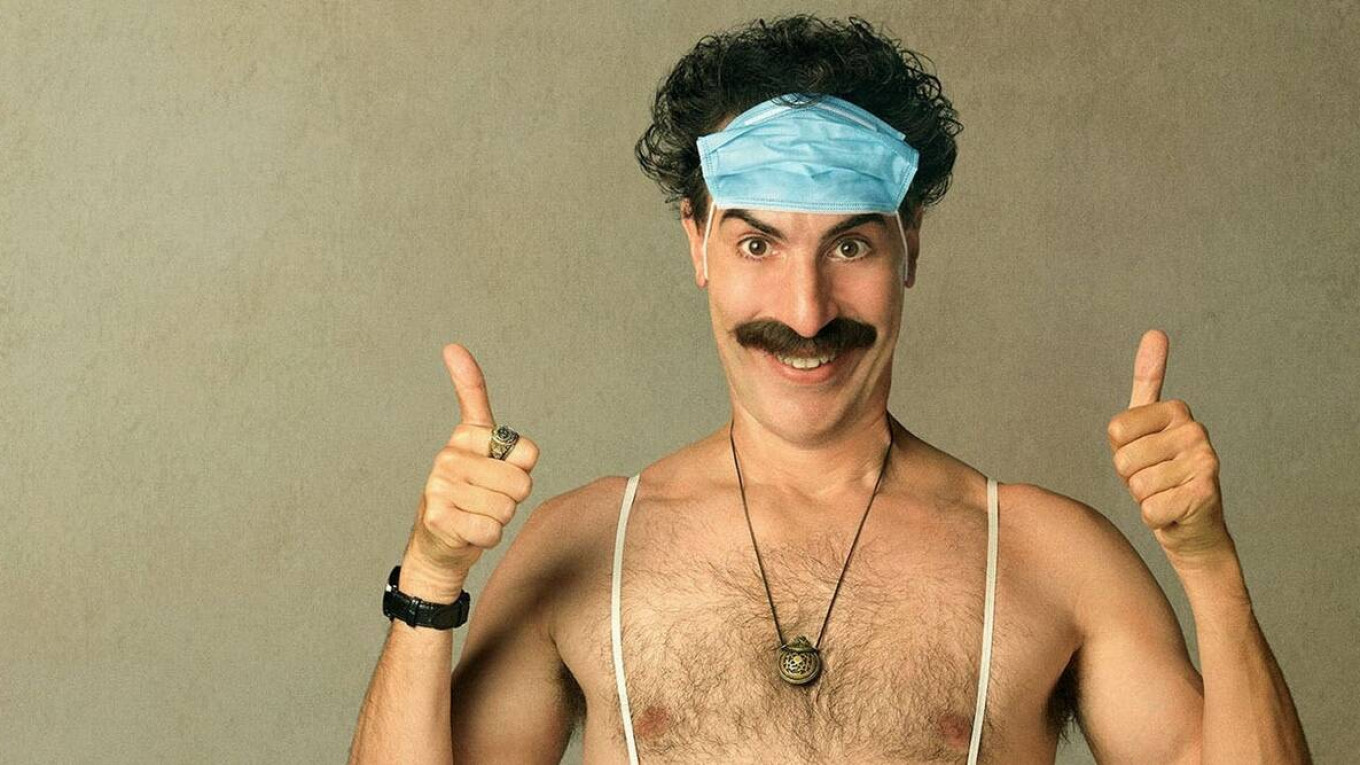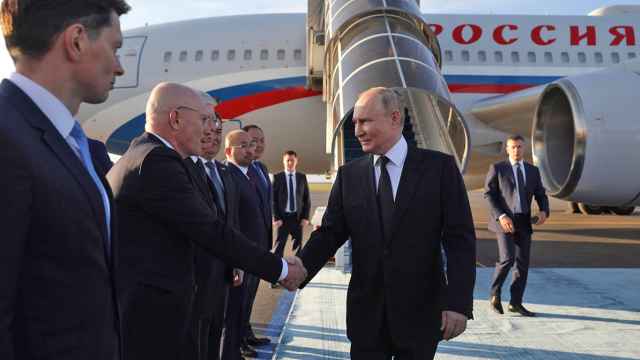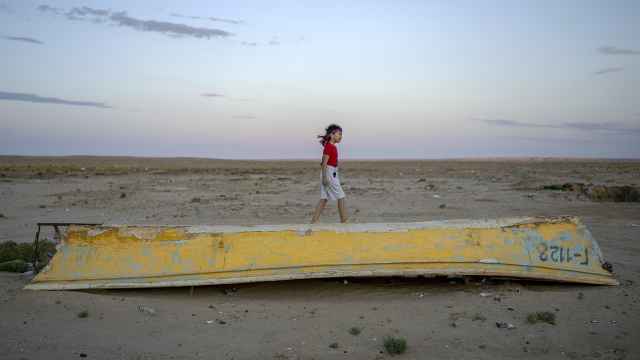“Very nice!”
Kazakhstan is adopting its fictional resident Borat Sagdiyev’s famous catchphrase as its new tourism slogan alongside the release of the comedy-slash-mockumentary’s sequel.
The lean-in attitude marks a reversal from the confrontational stance the Central Asian country adopted upon the release of the first Borat movie in 2006.
Back then, Kazakh authorities banned the film and threatened to sue its British creator and actor Sacha Baron Cohen for depicting their country as misogynistic, anti-Semitic and dirt-poor. (In 2012, Kazakhstan’s foreign minister credited him for boosting international tourism tenfold.)
This time around, they are capitalizing on last week’s release of “Borat Subsequent Moviefilm” with their own rapidly produced ads, which show foreign visitors as they discover that the real Kazakhstan is “very nice.”
With almost half a million YouTube views in 48 hours, the national Kazakh Tourism company’s “Very Nice” campaign is generating an overwhelmingly positive reaction from viewers whose impression of Kazakhstan would have otherwise come from Cohen’s stereotypes.
“For a tourism campaign, there's nothing better to hear than that,” Dennis Keen, an American expat in Kazakhstan who came up with the idea of co-opting Borat’s catchphrase after learning about the sequel’s release, told The Moscow Times.
Keen notes that “very nice” works as a tourism slogan to describe both Kazakh food and scenery, as well as the “classic ‘Kazakh nice’ [that] is local kindness and hospitality.” His experience inspired a scene in one of the 12-second ads showing a tourist couple receiving a spontaneous wedding invitation from a Kazakh couple.
“I can't tell you how many weddings I've been invited to by near-strangers,” Keen said. “People in the country are really very nice, and it's one thing that stays with every traveler who visits Kazakhstan.”
Cohen echoed that sentiment, telling The New York Times that “the real Kazakhstan is a beautiful country with a modern, proud society — the opposite of Borat’s version.”
To Keen, the Oscar nominee’s reaction was the most unexpected result of the ad campaign. After Borat dismissed as “disgusting fabrications” government-run ads showing Kazakhstan as a tolerant country outside the Kazakh Embassy in Washington in 2006, Keen said he had expected “a similarly outrageous” response from Cohen staying in character in 2020.
“But instead Cohen gave a very heartfelt comment, expressing support and even sounding a little contrite.”
Even Kazakhstan’s tourism board signaled that there is no bad blood between the two.
“How can you describe a place this surprising in just two words? As a wise man onсe said, ‘Very nice!’” Kazakh Tourism said at the unveiling of the campaign.
A Message from The Moscow Times:
Dear readers,
We are facing unprecedented challenges. Russia's Prosecutor General's Office has designated The Moscow Times as an "undesirable" organization, criminalizing our work and putting our staff at risk of prosecution. This follows our earlier unjust labeling as a "foreign agent."
These actions are direct attempts to silence independent journalism in Russia. The authorities claim our work "discredits the decisions of the Russian leadership." We see things differently: we strive to provide accurate, unbiased reporting on Russia.
We, the journalists of The Moscow Times, refuse to be silenced. But to continue our work, we need your help.
Your support, no matter how small, makes a world of difference. If you can, please support us monthly starting from just $2. It's quick to set up, and every contribution makes a significant impact.
By supporting The Moscow Times, you're defending open, independent journalism in the face of repression. Thank you for standing with us.
Remind me later.






